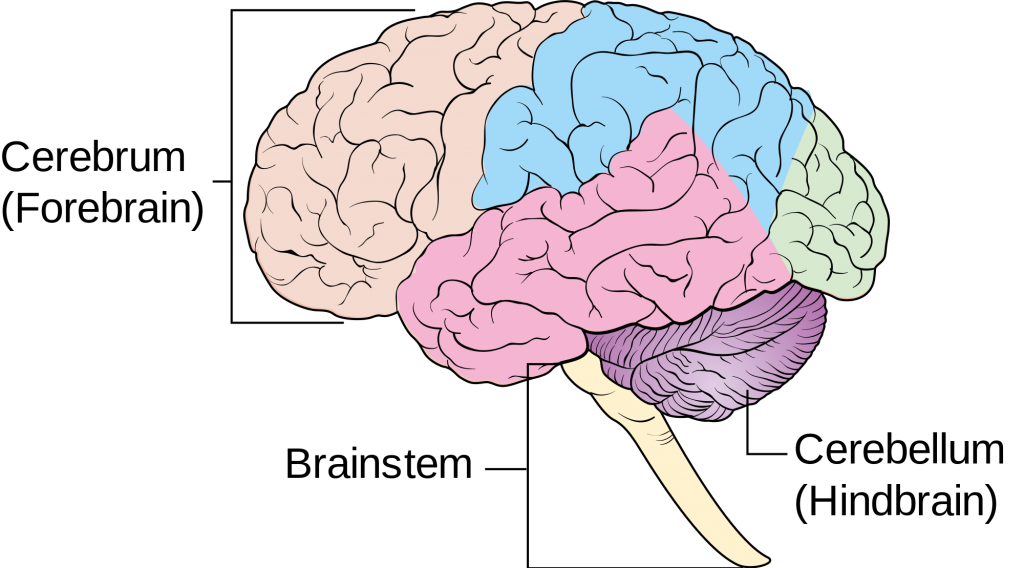 Increasing intelligence is an interesting concept, best approached in a multi-prong approach.
Increasing intelligence is an interesting concept, best approached in a multi-prong approach.
Let me back up a bit. First let’s talk about what it means to increase intelligence. Howard Gardner the psychologist has always broken the concept of intelligence down into 7 distinct areas:
Visual-Spatial, Bodily-kinesthetic, Musical, Interpersonal, Intrapersonal, Linguistic and Logical -Mathematical.
These are all what they sound like, and to clarify the less obvious ones, “bodily-kinesthetic” essentially means your minds ability to control your body as in through sports, dancing, hand and eye coordination, etc. Interpersonal and Intrapersonal intelligence refer to your ability to understand others, and then yourself, respectively.
Feed the brain and keep it hydrated
While it may sound like a roundabout way to increase intelligence, an oft-overlooked way is a simple as improving your health. General exercise, particularly aerobic, and a balanced diet complete with leafy green vegetables, proteins, healthy fats, and low in sugar is an ideal mix. the same way a powerful car is nothing without quality gasoline in it, so too can you be holding down your own brain, and consequent intelligence, with poor diet and exercise.
The reason for the importance of diet, proper sleep, and exercise being important for intelligence are a bit beyond the scope of this article, but suffice it to say that all of the above are important for blood and oxygen flow to the brain, a key recipe in synaptic activity–your brains central processing power if you will.
Make things difficult for yourself, mentally
What we mean by this is, chances are that if something you can do involves extra thinking over an easier and convenient way, you are using your brain like a muscle, which helps build up dendrite connections, the synaptic connections in the brain responsible for thinking and general cognition–you want those connections to be robust. How can you do this?
Next time you are reaching for your calculator–and as many times after as you can in general–try to not rely on the calculator but to do the problem in your head instead. Of course it might be hard, but what’s hard to do is often worth doing. The same way driving to the store is easier than walking, it is also the lazy way and not beneficial to us health wise. So when in a situation where you can rely on digital technology like cell phones and computers to “remember” stuff for us, do this less. Relying on your own brain to recall things will increase your working memory which is certainly a component of intelligence. People who are generally good at recalling information, tend to have advantages in studying, and in creativity.
Think, talk, and work in metaphors
Creative people are often construed as intelligent of course, it is perhaps a type of intelligence, if not only slightly dissimilar. Creative people are typically masters of being able to connect seemingly unrelated topics ( a bonus to be a voracious reader of a wide array of topics) and one of the ways you can practice doing this is be able to compare things in the real world, to abstract notions. Story tellers like film directors, writers, comedians, etc. are often the masters of doing this. Don’t be afraid to sound ridiculous.
Meditate
Mediation has applications is more than just increasing intelligence, it spans in to other mental regulation like happiness, focus, and attitude; although arguably some of those dovetail with increased intelligence in and of themselves.
Mediation is also good for creativity. There are four beain wave cycles, and “theta”, the slowest your mind goes into before sleep, is a state of mind where you are most fruitfully able to have creative thoughts.
There are numerous great books and articles on meditation that get into how the art of shutting off your brain for a part of the day, ironically, can strengthen it for the rest of the day. “Meditation for Beginners: How to Relieve Stress, Anxiety and Depression and Return to a State of Inner Peace and Happiness” is a great place to start.
Play Video Games
Stick that advice in your pipe and smoke it school teacher who told you video games were bad! Video games are known to increase various types o f memory, kinesthetic intelligence like hand and eye coordination, and even stimulate creativity. Just remember like all things, practicing video game playing moderation is probably key. 6 hours a day probably means less exercise, which as we said, you need for your brain! (Nintendo Wii excluded ! )
f memory, kinesthetic intelligence like hand and eye coordination, and even stimulate creativity. Just remember like all things, practicing video game playing moderation is probably key. 6 hours a day probably means less exercise, which as we said, you need for your brain! (Nintendo Wii excluded ! )
A study by Queen Mary University of London concluded as well that certain video games can improve decision making and strategic planning capabilities.
Read, daily if possible
Not only is the practice good for the brain in a sheer sense, but reading exposes you to new ideas, stimulates memory and creativity, and teaches you about underlying topics depending on what you are reading of course. In other words, read often, and read a wide range of topics. Being knowledgeable, while not being a high IQ in and of itself, can at least lend to improved cognition, in areas like creativity, by virtue of being able to draw from your memory, lots of topics and how they relate.
Play an Instrument
There have been numerous studies about the benefits to the brain from being a musician. The link between intelligence and playing an instrument (or say, making music on a computer) has benefits to your motor skills, hearing, storing audio and more.
Play a sport
Sports are good for cognitive function at a minimum that you are getting that blood flow and general cellular metabolism throughout your body. But adding to that, solo sports, think mountain biking or jogging, have benefits akin to mediation, and team sports often have the benefit of improved interpersonal intelligence skills and strategic planning.
Don’t use drugs you are not prescribed to use, and drink minimally
Heavy drinking of alcohol is absolutely a source of neurocognitive degeneration. Consult with your doctor for best practices for you individually, but understand the general idea of daily heavy drinking and it’s detrimental effects pervasive through out the brain.
A study of over 40,000 men performed by the Karolinska Institutet in Sweden concluded that there was a positive link between heavy drinking and lower IQs, suggesting that people with lower IQs choose poor lifestyle decisions as well.
All sports, played a few times a week at least, will aid to strengthen your cerebellum, the part of your brain responsible for balance. Good balance is loosely correlated with living longer, and so is intelligence in general!





